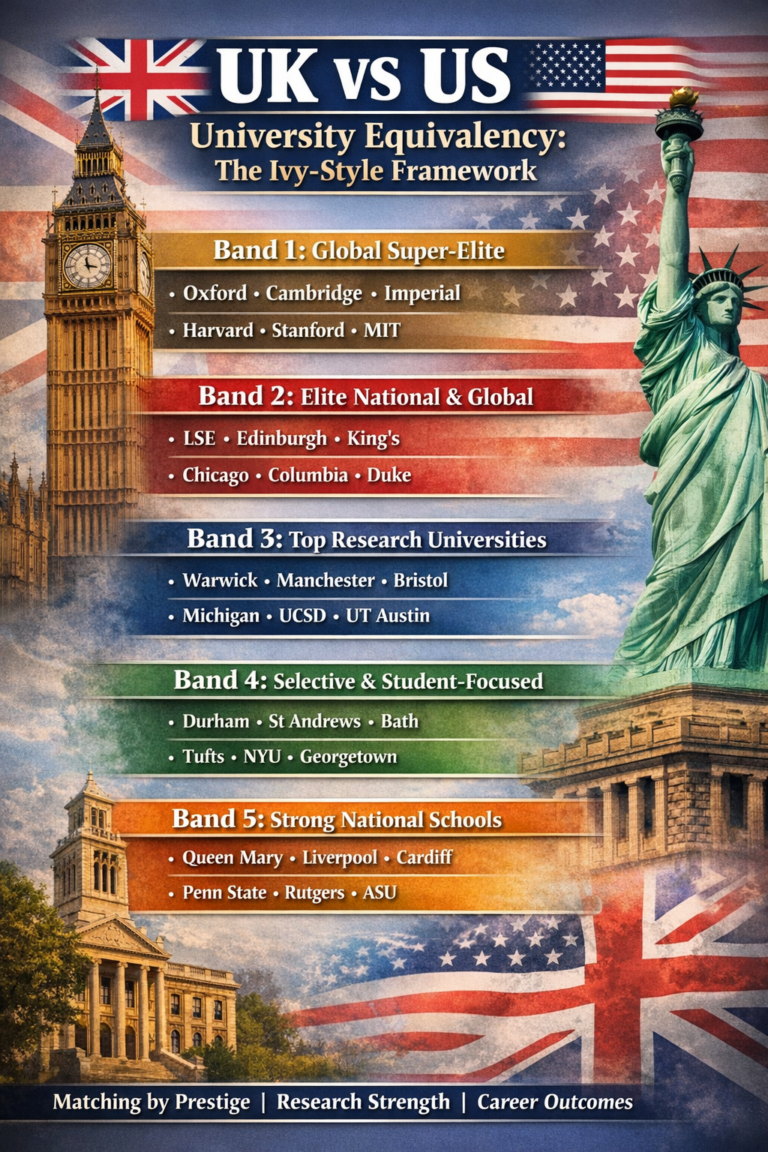Is Early Decision Driving up Tuition?
Elite universities seem to be facing an unending season of challenges. As recently as August 2025, Columbia University, Duke University, and the University of Pennsylvania have been hit with a proposed legal bombshell accusing them of working in tandem to raise tuition prices on purpose by using the Early Decision (ED) admissions process.
The lawsuit was filed by former students from Wesleyan University and two other institutions in federal court in Boston on August 8, 2025.
They allege that the ED process:
- Prevents students from comparing financial aid offers, especially because ED applicants must “commit” before knowing the best deal they could receive elsewhere.
- Reduces competition among universities: once a student is accepted via ED, the institution doesn’t have to compete further by enhancing financial aid packages.
- It is misleadingly framed as legally binding, even though it’s not, raising student pressure and diminishing transparency.
Who Else Is Involved?
The lawsuit names the Consortium on Financing Higher Education (COFHE), which is a group of selective schools that share admissions and financial aid data, as a co-defendant, accusing it of actions that break antitrust laws.
It also names the Common App and Scoir, saying they enforce Early Decision (ED) rules that stop students from applying to more than one ED school.
What are the demands of the plaintiffs?
- Class-action status (covering ED applicants since 2021 and select regular decision students).
- Monetary damages for tuition overpayments.
- An injunction to stop binding ED practices and overhaul how admissions and aid operate.
How are colleges responding?
So far, many of the universities—Columbia, UPenn, Duke, and others—have declined to comment. Some institutions, like Williams and Middlebury, have issued statements asserting their ED policies are transparent and equitable.
Why This Matters
Early Decision has long been positioned as the only way for students to show strong interest in their dream school and for colleges to secure a committed portion of their incoming class early. In reality, ED favors applicants from higher-income families who can commit to securing a place in the college without the need to compare financial aid.
The binding nature of ED clearly disadvantages students from lower, and middle-income families, as the binding nature of ED can be risky since they are in no position to evaluate the financial offerings from other colleges, adding significant financial strain. This process clearly gives an advantage to the wealthier students who gain in acceptance rates, while less affluent peers face reduced flexibility.
Supporters counter that ED can offer earlier financial aid estimates and reduce application stress. With the new lawsuit questioning whether ED is being used to manipulate tuition pricing, its fairness and relevance in a more equitable admissions landscape are now under sharper scrutiny than ever.
Tuition Costs and Student Debt
This lawsuit has come at a time when the cost of attendance is steadily rising at elite institutions. In many institutions, it now exceeds $85,000. For the majority of students and families, covering these expenses means turning to federal loans, which already account for a significant share of the $1.7 trillion U.S. student debt crisis.
Critics warn that if Early Decision is being used to reduce competition and keep tuition artificially high, it forces more students, especially those from middle-income families, into borrowing larger amounts earlier in their college careers.
Impact on International Students
The stakes for international students committing to colleges through Early Decision are much higher. These students have little or no access to financial aid, and financial packages by universities are determined after admission has been granted. Committing through ED without the ability to compare offers means international applicants may be locked into paying the full cost of attendance, which can exceed $85,000 a year.
Conclusion
Historically, Early Decision has proven to be the strategy unanimously adopted by candidates and families wanting a competitive edge in the admission process. However, the trade-off is that an early acceptance today limits students’ ability to evaluate their full financial aid options tomorrow.
Ivy Central advises all students to
Only apply ED if you’re certain: about the school, your finances, and your application strength.
If you’re uncertain, build a smart mix of ED, EA, and RD schools.
Keep options open to compare aid and make an informed choice.
If you need assistance with analyzing your profile, selecting colleges, and refining your application strategy, you can get in touch with us.









